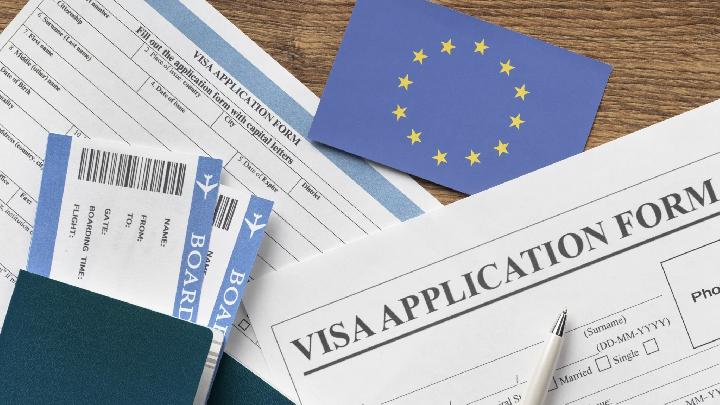Copyright tempo

TEMPO.CO, Jakarta - The United States has tightened its visa rules for individuals seeking to live in the country. Foreign nationals applying for visas to live in the U.S. may be denied if they have health conditions such as diabetes or obesity, according to directives issued by the President Donald Trump administration on Thursday, November 6, 2025.The guidelines were issued by the Department of State, which stated that individuals with health issues could become a public burden and potentially drain US resources. These guidelines were sent via cable to U.S. embassies and consulates, as reported by KFF Health News, cited from NDTV.Screening for infectious diseases, vaccination history, and mental health conditions has always been part of the U.S. visa application process. However, the new guidelines have added new medical conditions that must be considered."You must consider an applicant's health. Certain medical conditions – including, but not limited to, cardiovascular diseases, respiratory diseases, cancers, diabetes, metabolic diseases, neurological diseases, and mental health conditions – can require hundreds of thousands of dollars' worth of care," stated the new guidelines sent to the U.S. embassies. Visa officers have also been instructed to assess whether applicants can afford medical treatment.A senior attorney at the Catholic Legal Immigration Network, a non-profit legal aid group, Charles Wheeler, stated that although the guidelines apply to all U.S. visas, they are likely to be primarily used for permanent resident cases."Does the applicant have adequate financial resources to cover the costs of such care over his entire expected lifespan without seeking public cash assistance or long-term institutionalisation at government expense?" the cable said.According to Wheeler, visa officers are not actually familiar with medical issues. "That's troubling because they're not medically trained, they have no experience in this area, and they shouldn't be making projections based on their own personal knowledge or bias."In addition to the application, the guidelines also direct visa officers to assess the health of family members such as children or elderly parents. "Do any of the dependents have disabilities, chronic medical conditions, or other special needs and require care such that the applicant cannot maintain employment?" the guidelines stated.Sophia Genovese, an immigration attorney at Georgetown University, stated that the guidelines encourage visa officers to speculate about applicants' medical treatment costs and their ability to gain employment in the U.S. based on their medical history, according to KFF reports.Editor's Choice: Trump Claims U.S. Tariff Policy Averted a Global Economic DepressionClick here to get the latest news updates from Tempo on Google News



